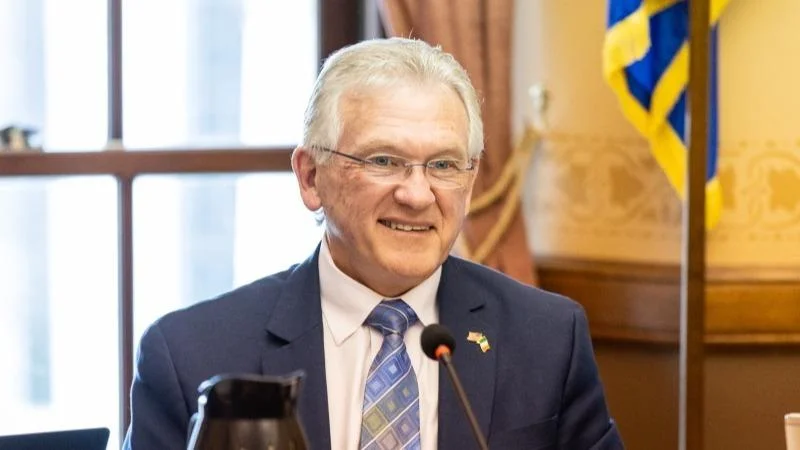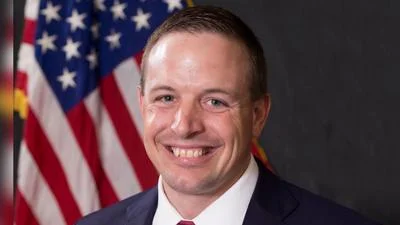Jerry L. O\'Connor, Wisconsin State Representative for 60th District | www.facebook.com
Jerry L. O\'Connor, Wisconsin State Representative for 60th District | www.facebook.com
According to the Wisconsin State Legislature's official website, the bill was described as follows: "limiting liability relating to traffic control devices for manufacturers and others".
The following is our breakdown, based on the actual bill text, and may include interpretation to clarify its provisions.
In essence, this bill introduces a limitation of liability for manufacturers, distributors, sellers, installers, and owners of traffic control devices. If these devices comply with specifications in the traffic control devices manual by the Department of Transportation and operate as intended, these parties are not liable for any resulting damages, including claims of negligence, strict liability, and breach of warranty. However, liability can be established if it is proven by clear and convincing evidence that, at the time of damage, the device did not meet the manual's specifications or function as intended. The bill also provides a rebuttable presumption of compliance if the involved parties show adherence to the manual's standards and authorized any deviations in writing by the appropriate authorities.
The bill was co-authored by Senator Van H. Wanggaard (Republican-21st District), Representative Bob G. Donovan (Republican-61st District), Representative Benjamin Franklin (Republican-88th District), and Representative John Spiros (Republican-86th District). It was sponsored by Senator Dan Feyen (Republican-20th District) and Senator Cory Tomczyk (Republican-29th District).
Jerry L. O'Connor has co-authored or authored another 118 bills since the beginning of the 2025 session, with none of them being enacted.
O'Conner graduated from Minnesota Bible College in 1973.
O'Conner, a Republican, was elected to the Wisconsin State Assembly in 2025 to represent the state's 60th Assembly district, replacing previous state representative Robert Brooks.
In Wisconsin, the legislative process starts when a senator, constituent, group, or agency proposes an idea for a bill. After drafting, the bill is introduced, numbered, and referred to a committee for review and public input. If approved, it moves through three readings and votes in both the Senate and Assembly. Once both chambers pass the same version, the bill goes to the governor, who can sign it, veto it, or let it become law without a signature. Only a small share of bills introduced each session ultimately become law. You can learn more about the Wisconsin legislative process here.
| Bill Number | Date Introduced | Short Description |
|---|---|---|
| AB203 | 04/23/2025 | Limiting liability relating to traffic control devices for manufacturers and others |
| AB189 | 04/15/2025 | An optional final hearing by affidavit for the dissolution of a marriage |
| AB174 | 04/14/2025 | Transmission facilities; installation of large wind energy, large solar energy, and battery energy storage systems; installation of light-mitigating technology systems; and prioritizing nuclear energy resources. (FE) |
| AB171 | 04/09/2025 | Privacy protections for judicial officers |
| AB170 | 04/09/2025 | Prohibiting the Department of Justice from using the legal services of nongovernmental employees. (FE) |
| AB168 | 04/08/2025 | Various changes to the unemployment insurance law. (FE) |
| AB162 | 04/08/2025 | Workforce metrics. (FE) |
| AB152 | 04/02/2025 | Bid requirement for publication and printing of county board proceedings, notices, and advertisements in counties having a population of 250,000 or more and at least two English newspapers published daily |
| AB90 | 02/28/2025 | Copies of and inspection or disclosure of information contained in certain vital records. (FE) |
| AB58 | 02/24/2025 | Flags flown, hung, or displayed from a flagpole or the exterior of state and local buildings and eliminating a related administrative rule |
| AB21 | 02/06/2025 | Technical colleges’ lease of their facilities to others. (FE) |



 Alerts Sign-up
Alerts Sign-up